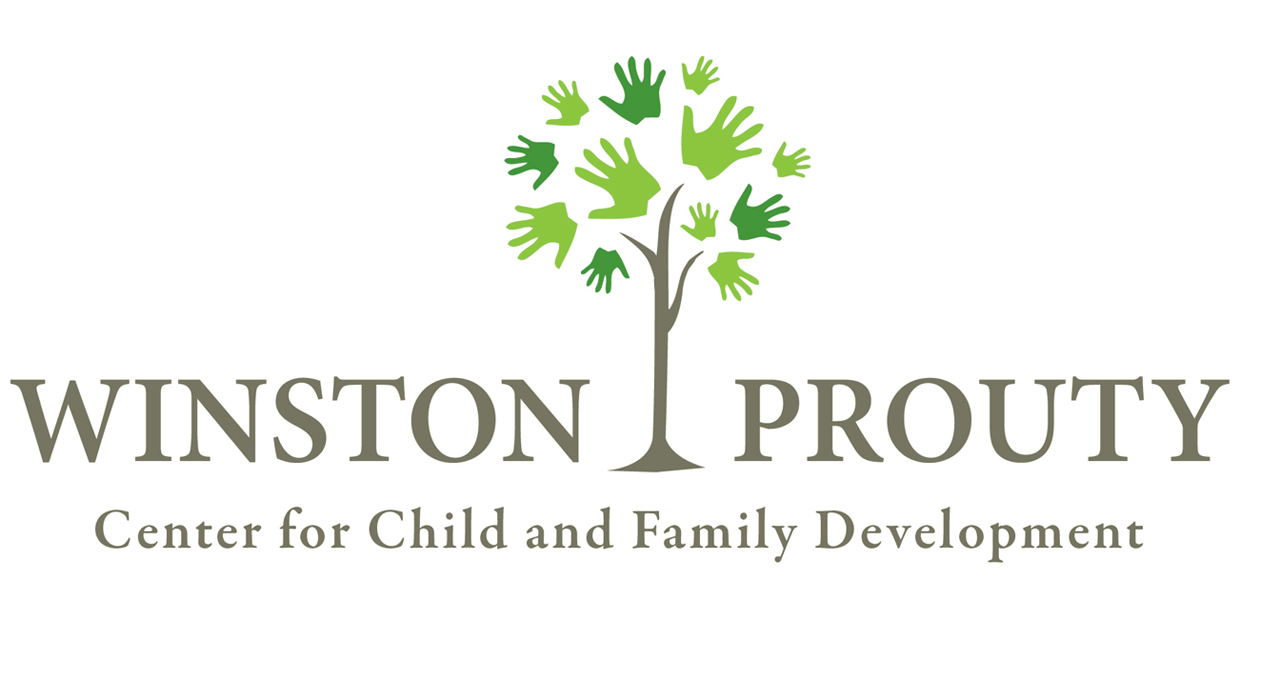Panel shows homelessness requires community, state approach
By Chris Mays, Brattleboro Reformer
BRATTLEBORO — It takes more than a village to address homelessness.
Research finds the issue is “fundamentally a housing pattern,” said Anne N. Sosin, public health researcher at practitioner at Dartmouth College.
“In Vermont, we see a very large gap between the supply and affordability of housing and the need in the state, and that is primarily why we see so much homelessness in Vermont,” she said at “Voices Live: Conversation on Homelessness” hosted at Brooks Memorial Library last week by The Commons weekly newspaper’s parent company Vermont Independent Media.
She noted individuals with substance use or mental health issues face greater challenges with housing.
Gary Stroud of Brattleboro moved to town after leaving New York City after 9/11, then a fire left him and his 4-year-old daughter displaced in 2008. He said they found support from community organizations.
“It’s amazing how a community can come together and help people and not look at race, creed, ethnicity,” he said. “It was a three-month experience in the winter.”
Households are smaller than they have been in the past, State Treasurer Mike Pieciak said. He noted more units will be needed to accommodate for that and the growing population.
“I wish we had a better strategic plan,” he said, citing a project happening in Rhode Island to identify needs and develop a plan. “For me and my office … housing is the number one issue. It’s the number one economic issue and number one societal issue.”
Elizabeth Bridgewater, executive director of Windham & Windsor Housing Trust, said her group and others look to ensure housing stability. She called such efforts “a key component to solving homelessness.”
Regulatory reform is an important but small piece of the puzzle, Bridgewater said.
“Financial investment,” she said, “is going to build housing in Vermont.”
Libby Bennett, executive director of Groundworks Collaborative, estimated about 386 households or 571 individuals are experiencing homelessness in the southern part of Windham County. About 219 households are living in hotels in Brattleboro as part of a state program, she said.
“The myth that people are coming here because our benefits are so great just doesn’t pan out at all,” she said. “We know that people aren’t traveling here to be homeless in Vermont based on the research that we do.”
Research shows the vast majority of people stay in the community where they were last housed, Sosin said.
Chloe Learey, executive director of Winston Prouty Center for Child and Family Development, said 21 families are being supported in a new emergency family shelter on the Prouty center campus. Many of them were in the hotel program.
At the time of the forum, 28 beds in the shelter were being used and 12 beds were available.
“It’s going really, really, really well,” Learey said.
Her group also is looking to develop as many as 300 housing units on campus. Learey anticipates fundraising to begin soon.
“Getting communities to accept more density is part of the solution,” Bridgewater said.
Local landlord Fric Spruyt encouraged action that doesn’t undermine private housing providers. He makes affordable housing units available in the community.
“We need more of every kind of housing and versatile ideas on shelter,” Bennett said, noting the Groundworks shelter on South Main Street “doesn’t work for everyone.”
Her hope is the new shelter to replace Morningside House on Royal Road might better suit some people’s needs.
Criminalizing homelessness is harmful to those experiencing it and to the community at large, Sosin said in response to a question about a pending U.S. Supreme Court case. The court is deciding whether it constitutes cruel and unusual punishment to fine, ticket or jail individuals sleeping outside on public property.
“That is cruel and unusual punishment,” Bennett said.
